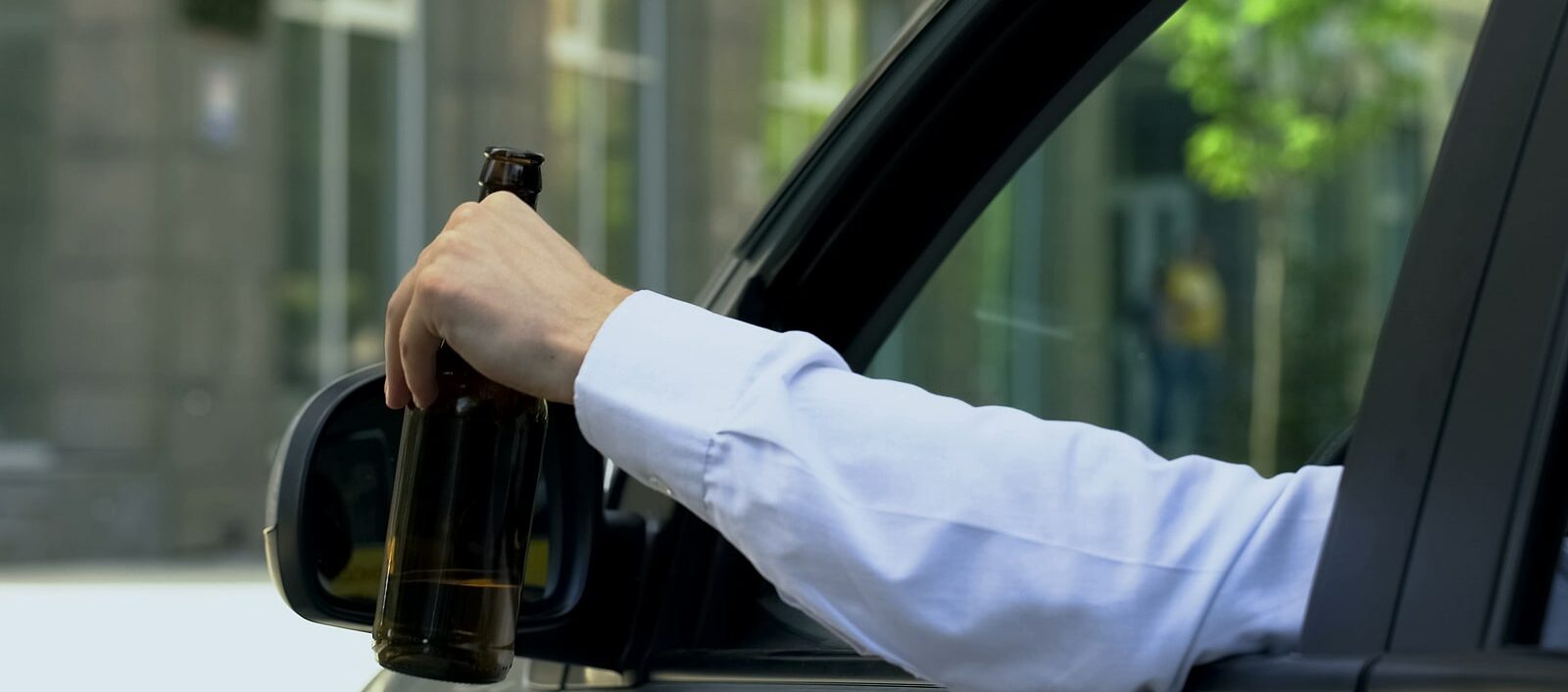Exploring Your Rights and Options After a Driving While Intoxicated Arrest
When you’re arrested for drunk driving, known as a DWI in New York, it can be overwhelming and feel like it affects everything in your life. But this is a fairly common occurrence. More than 25,000 people were arrested for driving while intoxicated in the state of New York in 2019 alone, and thousands of people continue to face these charges every year. But this doesn’t mean you shouldn’t take it seriously.
The best way to fight back against DWI charges is to know your rights and options and hire an experienced DWI attorney.
Immediately After the Arrest
How you act during and immediately after the arrest can impact your case. It’s normal to be upset that you’re being arrested, especially if you don’t believe you have done anything wrong, but it’s critical to stay calm and cooperate with officers so that you don’t add charges like resisting arrest to your case. However, this doesn’t mean that you should answer all of their questions or offer up any information. It’s best to provide only the necessary information, such as your name, and let the officer know that you wish to speak to your attorney and for your attorney to be present for all questioning. Once you assert this right, the officers have to stop asking you questions until your attorney is there.
Plea Options
One of the first things an attorney will help you decide is how to plead to your charges. This is done at your arraignment, and the options are guilty or not guilty. In most cases, it’s recommended to initially plead not guilty because you can always change your plea later on.
Pleading not guilty ensures you have time to evaluate other options with the help of your attorney, such as a plea agreement.
If you do decide to enter a guilty plea, your case will move immediately to sentencing. A DWI defense attorney can still be helpful here because they may be able to help you get a lesser sentence by showing that it’s your first offense or asking for a diversion program.
A Plea Agreement
A plea agreement is when your attorney negotiates with the prosecutor on the case and makes a deal that you will plead guilty to avoid the time and expense of a trial if there are concessions on the prosecutor’s side. These concessions generally involve either lowering the charge or agreeing to a more lenient sentence. For example, a driving while intoxicated charge could be reduced to a driving while ability impaired or a simple traffic violation.
Keep in mind that while a plea agreement can help you avoid more serious penalties, you’re still going to face some consequences. Even with a plea agreement, you could have to pay fines, do community service, complete a substance abuse program, have your license suspended, or serve some time in jail. It’s important that you understand exactly what you’re agreeing to and what the potential consequences could be before you choose this option.
DWI Trial
If you plead not guilty and you either don’t want to take a plea agreement or one wasn’t offered, your case will proceed to trial. It’s critical that you have knowledgeable defense representation if this happens. The trial process is complex and involves several parts, and you need an attorney who can devise a defense strategy that makes the most sense for your case and circumstances. If you are found not guilty, you will be free to go without any further penalties. If you are found guilty, you will face sentencing.
Diversion and Alternative Sentencing Program
One popular defense strategy when you’ve been charged with driving while intoxicated is to ask for a diversion program or another alternative sentencing program. The basic premise is that if you complete the program according to the judge’s terms, you will not have a conviction on your record. In some cases, you must initially plead guilty, and then, this is later removed from your record once you’re done with the program. The objective of these alternative options is to provide defendants with a way to get help for a substance abuse issue and better their lives instead of facing criminal penalties.
Getting the Charges Dropped
In some cases, it may be possible to get the charges dropped entirely, but this can be challenging, and it’s important to have realistic expectations for your situation. When you meet with your defense attorney, they will ask you about what happened before, during, and after the arrest. It’s critical that you be 100 percent honest so your attorney has all of the information they need to create a defense strategy with the highest probability of a successful outcome. If there is a lack of evidence or a violation of your rights, your attorney may be able to get the charges dropped. Some potential examples include:
- The officer didn’t have probable cause for the traffic stop
- There is enough suspicion that the chemical test was inaccurate that it calls into question the evidence
- Your other rights were violated, such as your right to an attorney, or you weren’t informed of your rights
The Law Offices of Joseph A. Marra, PLLC, helps those in Yonkers and the surrounding area fight DWI charges. Our attorneys will help you understand your rights and defense options and put their knowledge and experience to work for your case to help you beat these charges. Call 914-344-5145 to get started.
 914-964-6806
914-964-6806 Call Us Now
Call Us Now Email Us Now
Email Us Now


